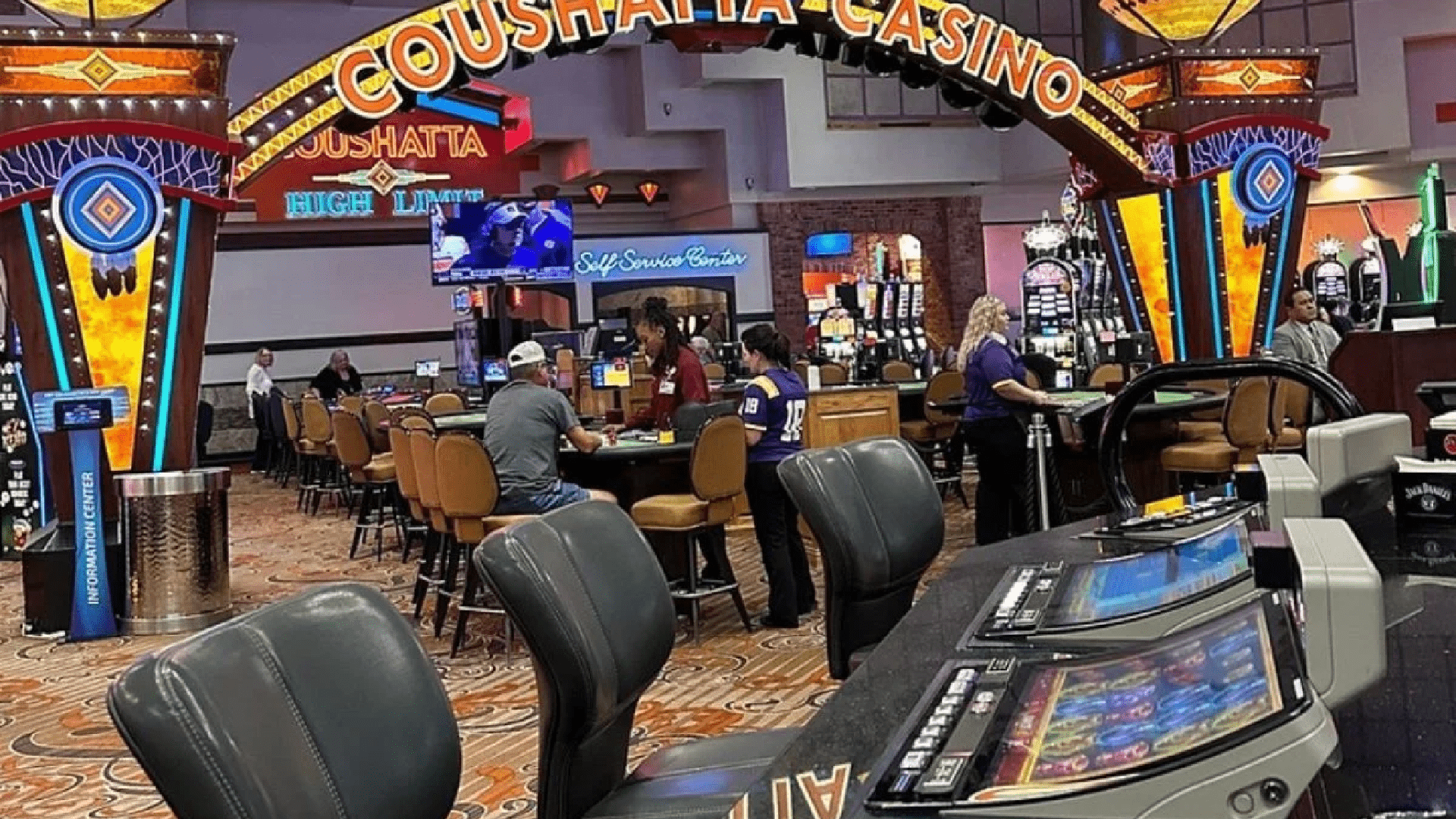
The FBI, Louisiana State Police, and National Indian Gaming Commission are said to be investigating allegations that past tribal leaders of the Coushatta Tribe misappropriated hundreds of thousands of dollars from the Native American community during its $150 million casino resort renovation and expansion in Kinder.
In March 2024, Casino.org revealed that the Coushatta Tribe declared a $150 million investment to add 204 hotel rooms to the secluded Louisiana tribal resort. The property's current casino, dining outlets, and around 800 hotel rooms were slated for aesthetic improvements.
The Coushatta Casino Resort is the biggest casino in Louisiana, featuring nearly 2,000 slot machines, 55 live dealer table games, a bingo area, off-track parimutuel betting, and a sportsbook. Situated approximately 40 minutes northeast of Lake Charles, the tribal casino depends significantly on Texas to maintain its vibrant operations.
Native News Online, a publisher focused on Indigenous-American communities nationwide, reported on Thursday that Jonathan Cernek, the former chairman of the Coushatta Tribe who unexpectedly resigned in August 2024, is facing a federal inquiry for reportedly misusing casino credit cards for personal gain.
Prior to his appointment as tribal chair in 2021, Cernek served for eight years on the Coushatta Tribal Council.
While federal and state officials have not publicly addressed their alleged investigation, an unnamed source talking to Native News Online disclosed that Cernek was not acting independently. The source mentioned that several additional former Tribal Council members are also under investigation.
The source reports that Cernek and his associates supposedly utilized two Coushatta Casino Resort credit cards to defraud the tribe and its members of at least $350K, whom they were meant to assist. The source indicated that the $350K in expenses were not connected to the casino’s operations or its expansion.
Established in 1995, the Coushatta Casino Resort hires 2,600 individuals and is a crucial element of the Kinder community and its economy. In addition to the hotel and casino, the resort features eight restaurants, 20,000 square feet of meeting space, a lazy river pool outdoors, a concert venue that can host 4,000 individuals, a 100-site RV park, and an 18-hole golf course.
The Class III gaming compact between the Coushatta Tribe and the State of Louisiana mandates yearly payments of $7 million to the local governments of Allen Parish and the Town of Elton in return for the privilege of running slot machines and table games.
The Coushatta controversy is merely the most recent to affect the tribal gaming scene.
Three years ago this month, ex-Mashpee Wampanoag Chair Cedric Cromwell was convicted and sentenced to three years in federal prison after being found guilty of charges of bribery and extortion linked to his Massachusetts tribe’s long-anticipated casino resort in Taunton. Cromwell's predecessor, Mashpee Chair Glenn Marshall, similarly spent time in federal prison after he admitted guilt in 2009 for breaching federal campaign finance laws and misappropriating tribal funds while the tribe pursued federal recognition.
In Oklahoma, ex-Quapaw Nation Chair John Berrey persists in his battle against years of claims that he absconded with over $7 million from the tribe during his 18-year tenure leading the tribe and its Downstream Casino Resort and Quapaw Casino.